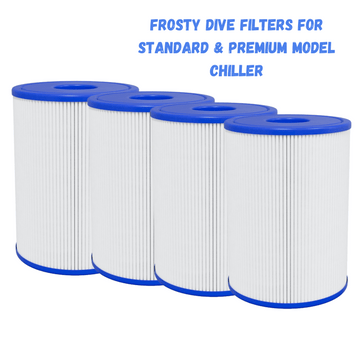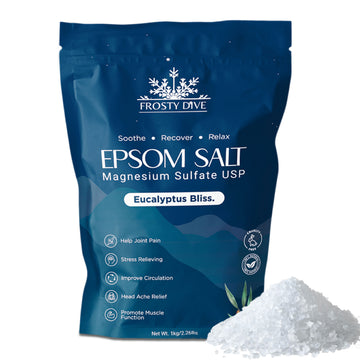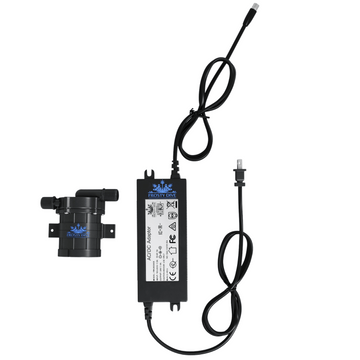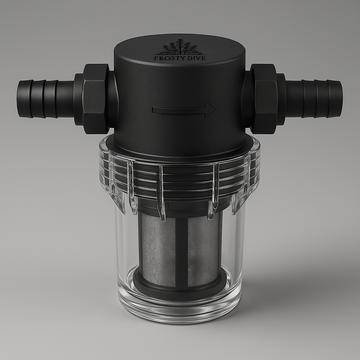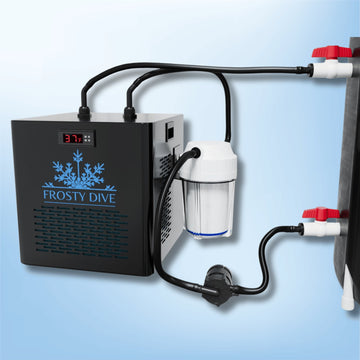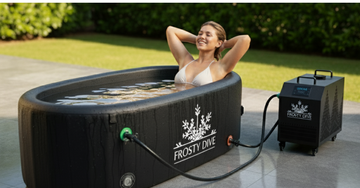Small water chillers are increasingly becoming essential in healthcare and medical device applications. Their compact design and efficient cooling capabilities make them ideal for various medical environments. Here are several reasons why small water chillers stand out in the healthcare sector:
1. Compact Size and Space Efficiency
Small water chillers are designed to fit into limited spaces, making them perfect for healthcare facilities where every square foot counts. Their compact nature allows them to be easily integrated into existing systems without requiring extensive modifications.
2. Reliable Temperature Control
Precision temperature control is crucial in medical settings. Small water chillers provide consistent cooling, ensuring that sensitive medical equipment and pharmaceuticals are kept at optimal temperatures. This reliability helps maintain the efficacy of medications and the performance of medical devices.
3. Energy Efficiency
Many small water chillers are engineered with energy-efficient technologies, helping healthcare facilities reduce operational costs. Lower energy consumption not only decreases expenses but also minimizes the facility's carbon footprint, aligning with sustainability goals.
4. Low Noise Levels
Healthcare environments demand quiet operations to maintain patient comfort. Small water chillers typically operate at lower noise levels compared to larger systems, making them suitable for use in patient care areas, laboratories, and offices without disturbing the environment.
5. Easy Installation and Maintenance
These chillers often come with user-friendly designs that simplify installation and maintenance processes. With less complex setups and fewer components, healthcare staff can perform routine checks and repairs with minimal disruption to operations.
6. Versatility in Applications
Small water chillers can support various applications, from cooling MRI machines and lasers to temperature regulation in laboratory equipment. Their versatility makes them indispensable in hospitals, clinics, and research facilities.
7. Improved Patient Comfort
In patient care environments, maintaining a comfortable temperature is crucial for recovery. Small water chillers can help regulate the climate in treatment rooms and patient wards, contributing to a better overall experience for patients.
8. Enhanced Equipment Longevity
By maintaining optimal operating temperatures for medical devices, small water chillers help extend the lifespan of costly equipment. Consistent cooling minimizes wear and tear, reducing the need for repairs and replacements.
9. Regulatory Compliance
Healthcare facilities must adhere to strict regulations regarding equipment performance and safety. Small water chillers designed for medical use often meet these regulatory standards, ensuring compliance and protecting patient safety.
10. Scalability
As healthcare facilities grow or change, their cooling needs may evolve. Small water chillers can be easily scaled or integrated into existing systems, allowing for future expansion without significant investment.
Conclusion
In the fast-paced and highly regulated world of healthcare, small water chillers offer a range of benefits that enhance operational efficiency, ensure patient safety, and contribute to a comfortable environment. Their compact design, energy efficiency, and reliable performance make them the ideal choice for hospitals, clinics, and medical device manufacturers alike. Investing in small water chillers is not just a smart choice for today but also a strategic move for the future of healthcare.













